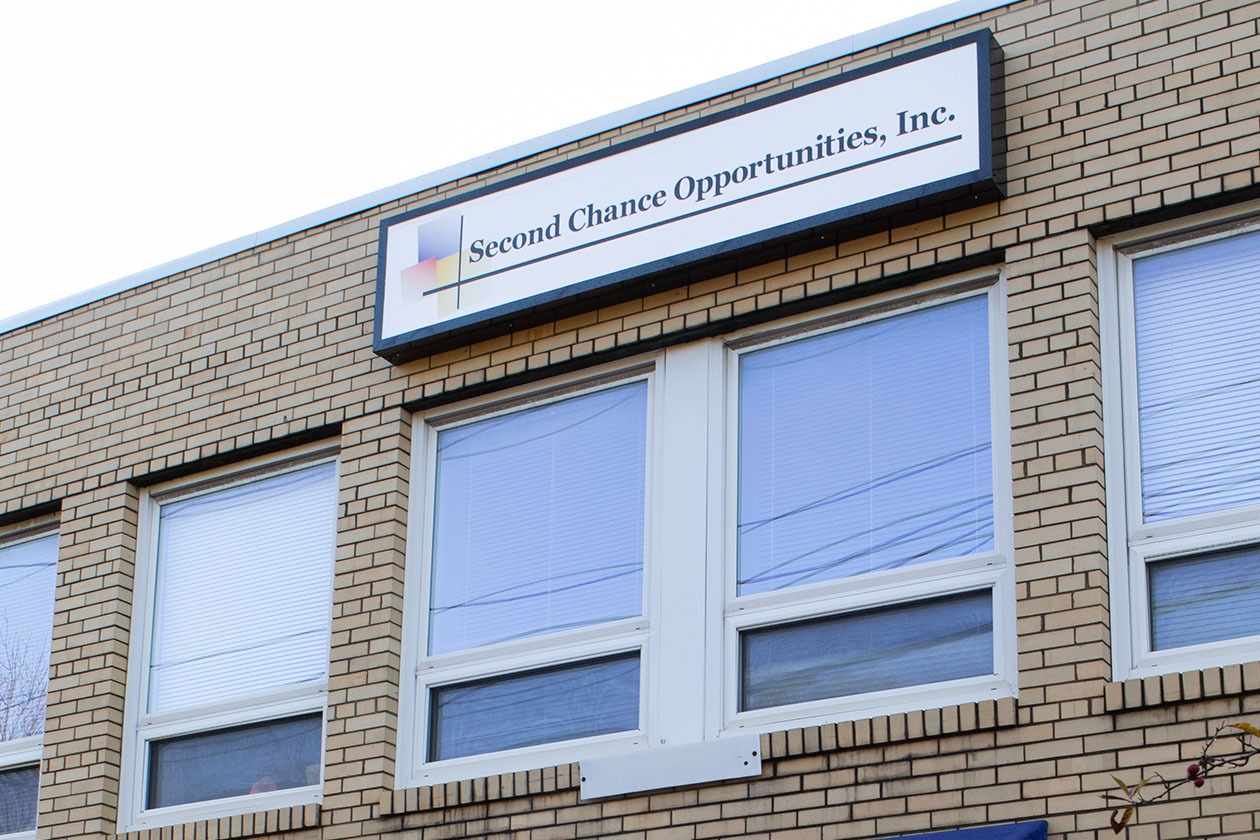
March 16, 2023
Individuals in recovery from substance-use disorder face a number of challenges in maintaining their sobriety. They must build new connections with a community of people that will be supportive of their sobriety. Many individuals face barriers to securing employment, such as lack of identification, inconsistent employment histories, or criminal justice involvement. People in recovery must find housing in a safe environment that enables abstinence but face impediments like financial insecurity that make such housing difficult to obtain. Every individual working to maintain their recovery has a unique history and set of obstacles they must work to overcome.
Second Chance Opportunities (SCO) is an organization built over two decades that supports individuals in their recovery journeys. Headquartered in Albany, New York, they offer a range of wraparound services to address the needs of people in recovery from substance-use disorder. SCO formed in 2001 when a group of people with lived experience of the barriers individuals in recovery face started to work together to help others overcome these barriers. They saw a need for sober housing among people leaving treatment and started offering recovery-focused housing rentals in Albany. In 2014, they recognized the challenges individuals faced in finding employment and established a janitorial services company to create recovery focused jobs that help individuals develop professional skills, achieve financial security, and move into their next career phase. In 2018, SCO opened its doors as a recovery community center. It offers coaching to individuals in recovery, sober programming and community building for people in need, and works to build awareness about addiction and recovery across the broader community.
The Rockefeller Institute of Government was commissioned by SCO to measure the impact of its recovery community center, employment services, and recovery housing on individuals it works with and the broader community. This report explores the work of SCO and the role it plays in the Capital Region, with a focus on its efforts since opening as a recovery community center in 2018. It provides an overview of the individuals served by SCO, presents information about the wide range of services offered, discusses the development of employment opportunities, and details the role housing plays for individuals who work with SCO. Ultimately, the scope of services offered by SCO—while it is clearly defined here—is flexible to the needs of an individual and is catered to each person on a case-by-case basis. The report concludes by discussing the fiscal impacts SCO creates by supporting individuals in recovery and preventing active use.
Key findings of this report include: